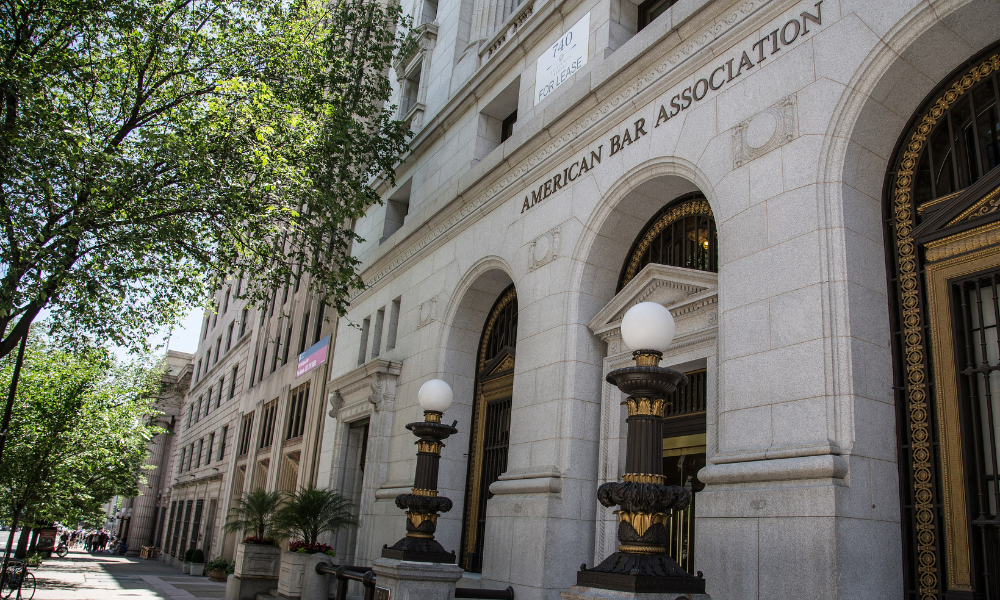
The POTUS cited the ABA's "unlawful" diversity, equity, inclusion requirements

Photo: Tony Webster, CC BY-SA 4.0, via Wikimedia Commons
US President Donald Trump and his administration have issued an executive order that could revoke the status of the American Bar Association as the government’s official law school accreditor, reported Reuters.
The order issued on Wednesday was centered on the reformation of higher education accreditation. Trump said he had tasked Education Secretary Linda McMahon with evaluating whether the ABA should be suspended or terminated as an accreditor on the grounds of its “unlawful” diversity, equity, inclusion requirements.
The ABA’s Council of the Section of Legal Education and Admissions to the Bar had paused the enforcement of its diversity rule in February. Nonetheless, US Attorney General Pam Bondi had suggested last month that the ABA could lose its accreditor status; in a letter, she told the association that she sought the repeal of its law school diversity rule and the suspension of an intended revision.
Austen Parrish, dean of the University of California’s Irvine School of Law, cautioned in a statement published by Reuters that the revocation of the ABA’ accreditation status could result in a “patchwork of licensure requirements,” given that most US states require law students to graduate from ABA-accredited law schools prior to sitting for the bar exam. However, Texas and Florida high courts have indicated that they are assessing this requirement, with Florida justices pointing to the ABA’s diversity rule.
Stetson University Law Dean Benjamin Barros highlighted the importance of having a national standard, as varied requirements from multiple accreditors and states would be confusing. He also pointed out there was no guarantee that another law school accreditor would step up.
Association of American Law Schools executive director Kellye Testy added in a statement published by Reuters that having a national accreditation system that allows law graduates to practise in any state and in rural areas without law schools improves graduates’ mobility and “protects the public as well as the substantial investments law students make in legal education.”
Moreover, the suspension of the ABA as an accreditor could hinder student loan access. While most ABA-accredited law schools qualify for federal loans through their central universities’ accreditation, as of July independent law schools like Brooklyn Law School and Southwestern Law School rely on their ABA accreditation to access federal loans, as per Education Department data. These schools would need to obtain approval for other accreditors to secure federal loans for students if the ABA’s status is revoked given that college and professional degree students must be part of accredited programs to qualify for federal student loans.
The ABA did not comment on the order, according to Reuters. The US Education Department has recognized the association as the accreditor of law schools since 1952.